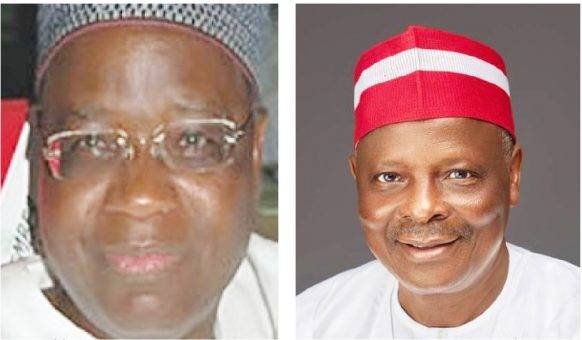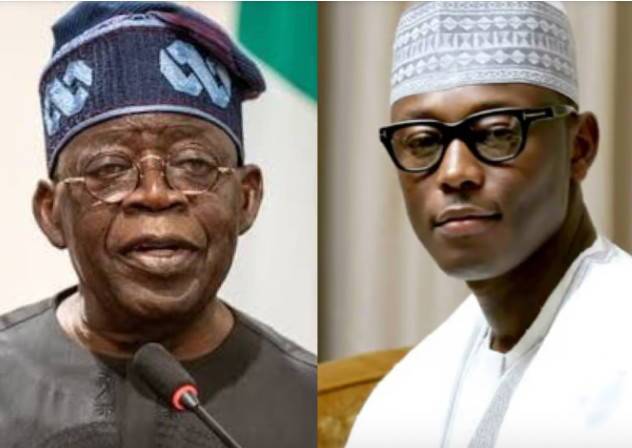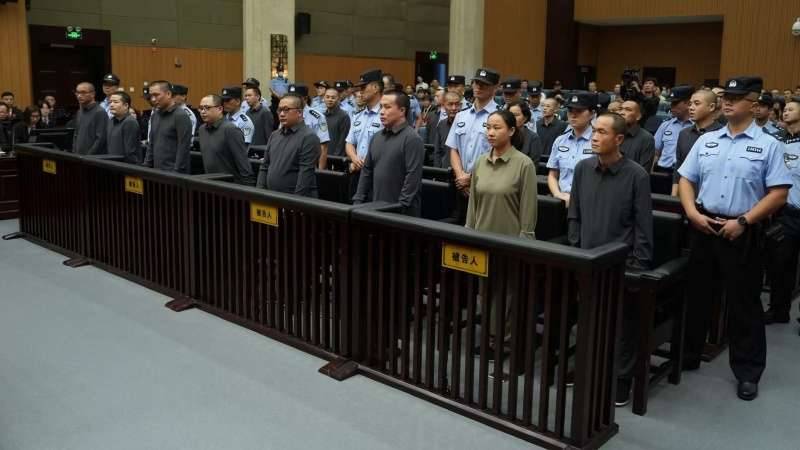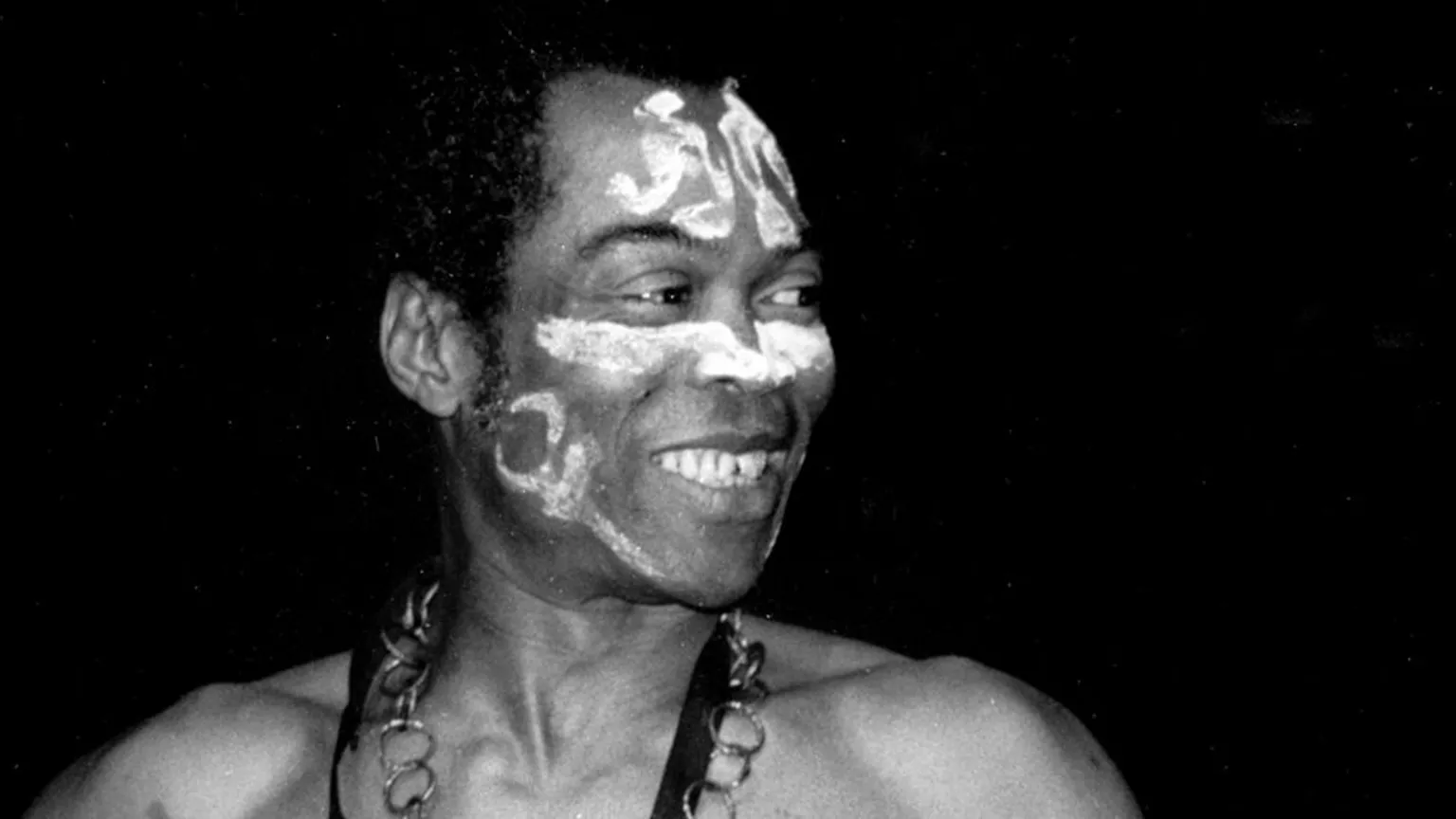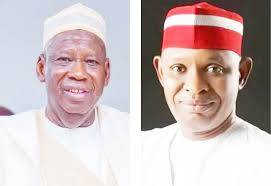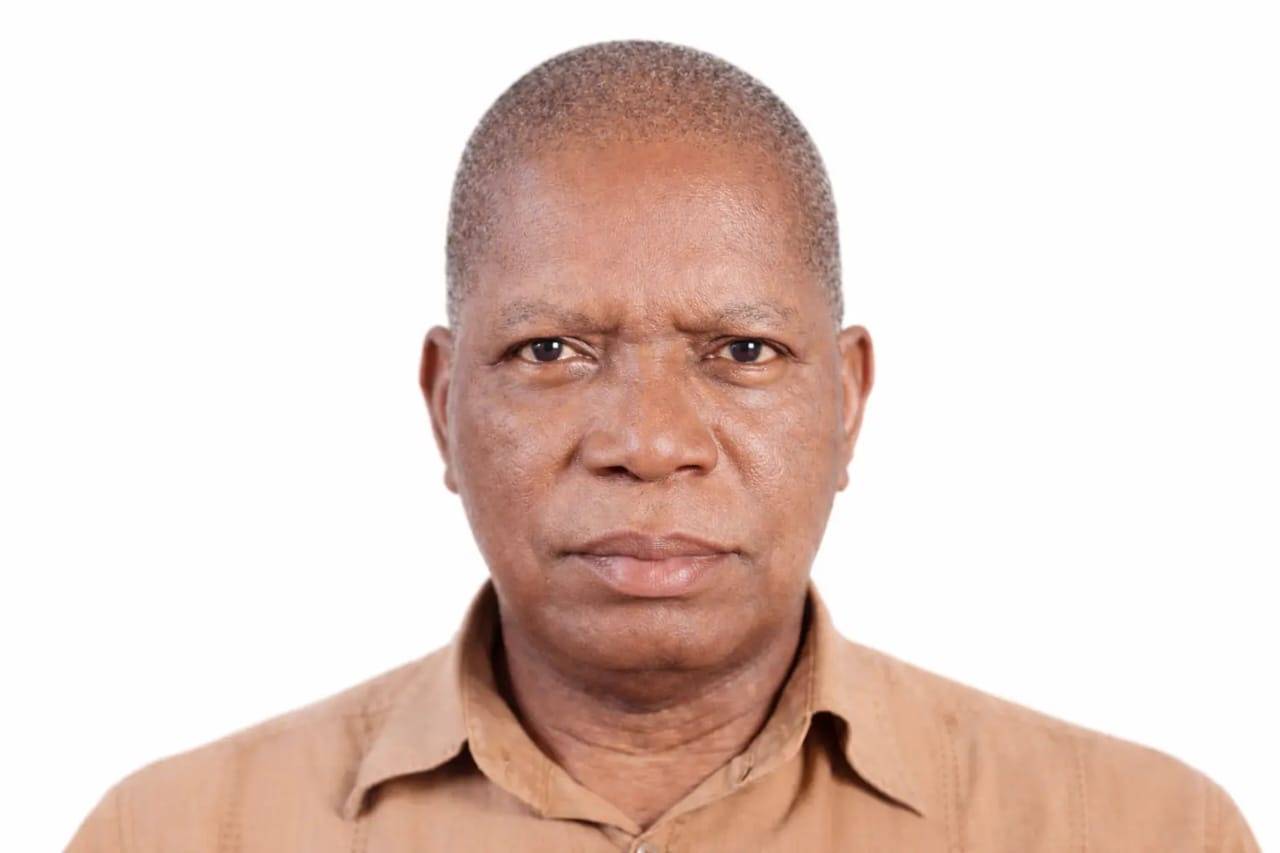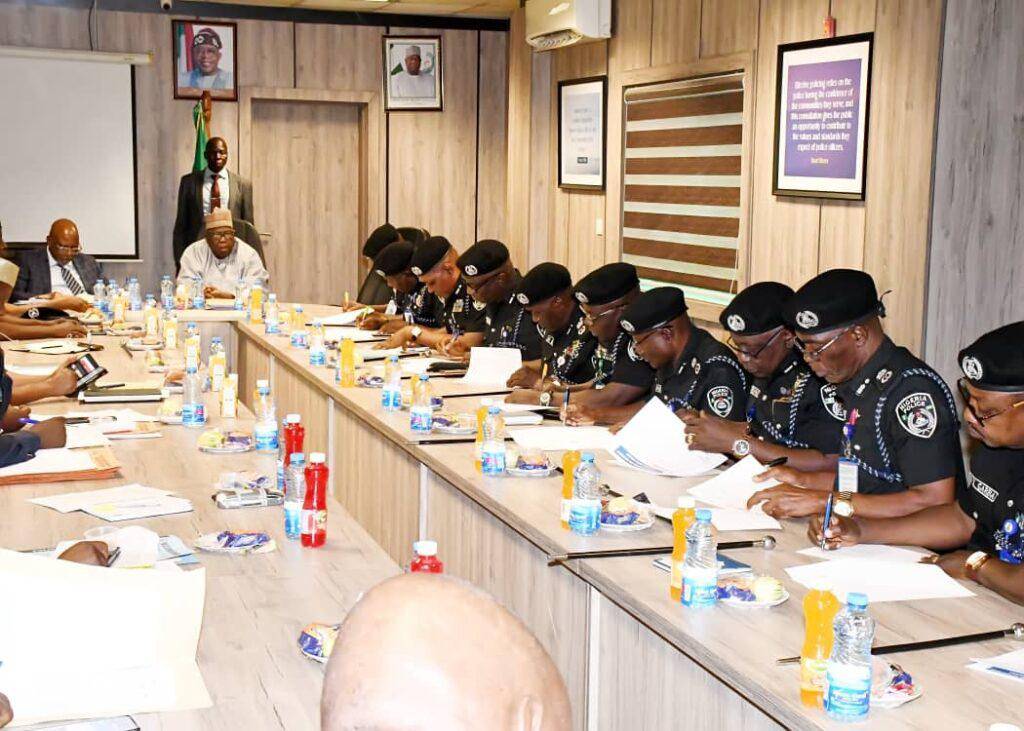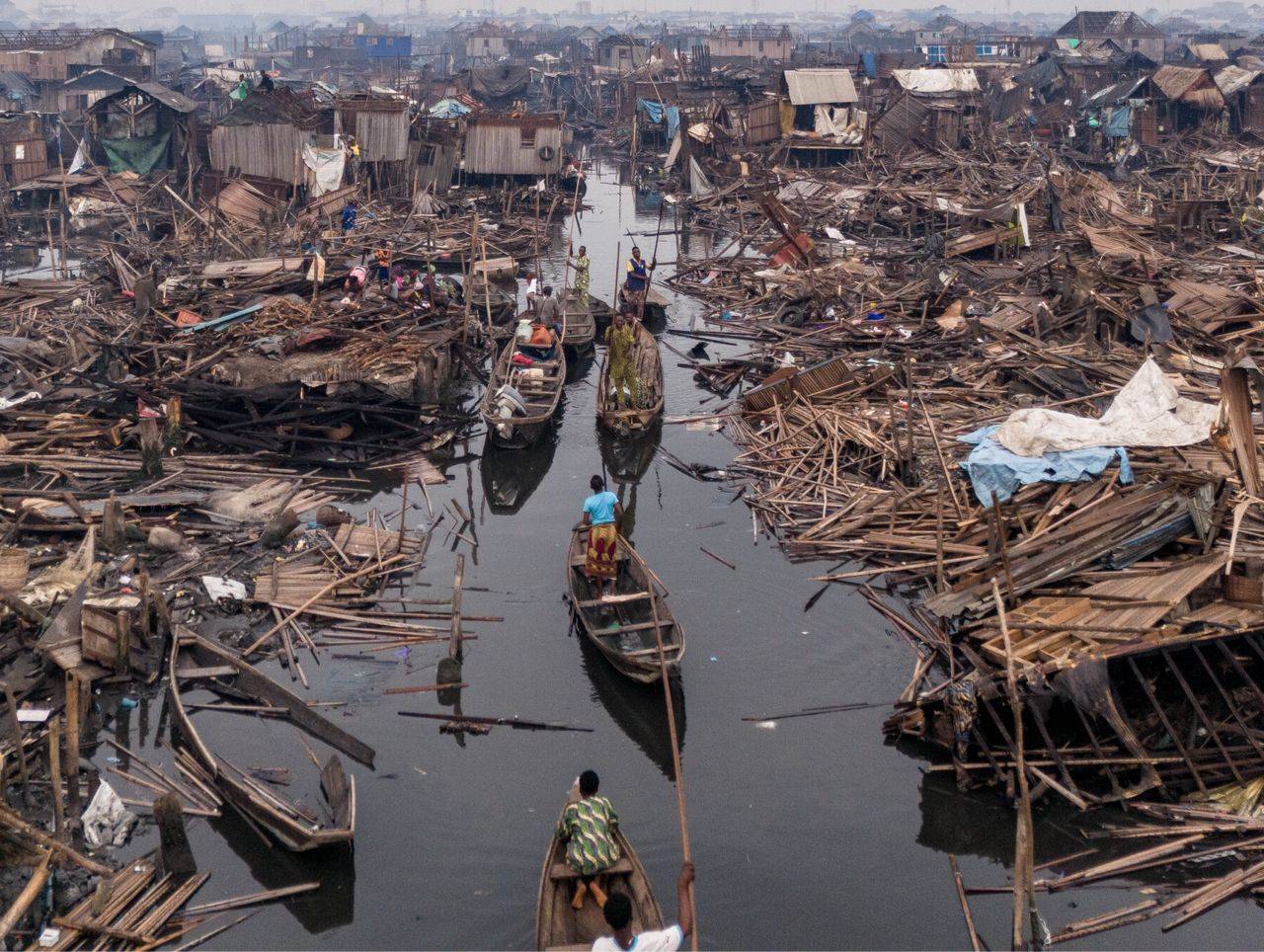When they are in the news, it is when they have beggarly bowls in hand, when they are hailing some errant elite with Ranka dede, thin, underfed boys under corpulent lords, when they are recruited into a gang, when they glower over Ak-47s and lurk in shadows of death, when they riot, when they are hungry.
The most important time when they are in the news is when they are not in the news.
It is when the elite use them for leverage in boardrooms, gladhand in ballrooms, and navigate on the negotiating tables of politics.
They are used as spoilers and spoils. Spoilers as battering rams of blackmail, to get things for the region. As spoils, when they get what they want like big allocations, appointments, and votes on the ballot box.
It is because of these acts that men like Arewa Consultative Forum (ACF) Chairman Bashir Dalhatu complain that the North is being neglected. I didn’t hear his voice in the eight years of the Buhari administration in such strident terms.
He spoke not only like an ignorant man but also like an entitled man. I don’t know which persona is worse. His ignorance or his sense of entitlement.
As an ignorant man, he is deficient in the senses of sight and touch. Maybe he has lost his capacity to read. If not, he would have known 50 percent of the federal allocation in the 2024-2025 budget was allocated to the North.
He would have known that Gombe State secured a whopping N60 billion from the centre for farming alone. He would have read of the over two thousand tractors secured from Brazil for agriculture. As a northern chieftain, he should have acknowledged that the Northwest Development Commission gulped N585.9 billion, and North East counterpart shoulders N291 billion.
He should have travelled to see with his eyes one of the biggest road projects ever in the North in progress from North east to Northwest, the Mararaban-Kankara-Katsina expressway, or the Kebbi-Badagry.
He would have done better to use his eyes and also feel the North he represents, or claims to represent. He grieves over Lagos-Ibadan expressway that has been in construction for all of a decade. And he will not celebrate those that are sprouting under his eyes. Let them see that have eyes. Amen.
He should have heard BUA chief Abdul Samad Rabiu when he said the North for the first time is having the infrastructure to connect North to business. He should as the northern statesman asked the governors how they are working with the centre.
Men like Dalhatu give ACF a bad name. People like him give the august body a partisan glue.
He is a politician. He has been with politicians, and he is believed to be in league with Atiku.
His claims about the north providing the victory in 2023 is self-serving. He did not contribute to the victory. He actually was against the president.
He is like Babachir Lawal, who also may have confessed to losing his eyesight.
He cannot see what is going on in his region because he is too offended to see.
Is it blind anger or anger blindness, or both? Babachir the boor, of the vulgar tongue. We should not have blind men in charge of sighted bodies. A man like Babachir, who fought the president because of the so-called Muslim-Muslim ticket, should not say anything. He is a false prophet who predicted woe for Christians. Now he cannot say anything except to whine for losing.
It is the reporters who pay attention to him that I blame. The man, who cannot save his name from the dirt he put in office has the effrontery to bluster on governance? Why has he and his cohorts not raised questions in the North with the non-performing governors? A few are doing well, though.
But Kwankwaso, who is confused , would visit the president today and afterward belch out his rhetoric of vanity and defiance. Why did he not raise his points with the president, or tell us whether he did?
They confirm Farouq Aliyu’s assertion that the ACF is “an opposition group” under the spell of Atiku. They are errand boys of partisan sponsors. They burp with loquacity instead of speech.
Men like Dalhatu want to corner appointments rather than progress for the North. As this essayist has noted, a Dalhatu should embrace the ministers from the North who cradle the positions dear to the northern heart, like defence and security, education, agriculture, health, livestock, etc.
They are the hotspots of urgency, not portfolios often seen as juicy. When those so-called juicy posts went north, what was the accountability? They held those posts disconnected from the people, like outposts of decadence.
We don’t want rhetoric of opportunism? We want men with rigour, not bigots of exploitation, not men like Dalhatu, who have spent a great part of their lives living on government largesse from appointment to appointment in the centre. Such men are not removed from politics.
They pout tainted points of views.
They are official renegades posing as mainstream. Dalhatu tried to form a political party in the past and it went belly up. With such partisan failures, how can he lead a neutral organ?
It is the almajiris and their sisters that suffer in the end. Elites recruit them as avengers of their private interests. This is nothing new in history. We saw this in Argentina, if a more gruesome story. After the Peronist years, a dictatorship crippled the South American country. The conservative military government rounded up so-called “enemies of state” and placed tens of thousands of them in detention where they were drugged, raped, killed. Many were tossed into the ocean alive. It was the era of the “disappeared.”
The men and women were “disappeared” while their babies were kidnapped and given to military families as “legitimate” children.
They were exposed later when the grandmothers formed a resistance force. The junta wanted to recruit the children to form a new vanguard of conservatism against their dead parents’ liberal worldview.
But for the grandmothers, and the reinforced rage of DNA and MTDNA technologies, many of the children would not have known their true parents.
This narrative in a new book titled: A Flower Travelled in My Blood, by Haley Cohen Gilliland, is perhaps one of the best non-fiction works so far this century. It is marvel of research, rigour and writing, unveiling the sin of a generation. The whole of its capital, Buenos Aires, was a landscape of unearthed bones just like the story of dry bones in the book of Ezekiel.
Children had to confront, with DNA clarities, the fact that their mothers and fathers lack their blood ties. Grandmas became the heroines of a revolution of knowing and cultural retrieval.
They wanted to exploit innocence.
The almajiri case is different only in the sense that they are not given to strangers who claim to be their parents and no one killed their fathers and mothers for their beliefs. But they are suffering their own version of rogue parenting.
Hence men like Dalhatu, Babachir Lawal, Kwankwaso, et al, feel empowered to indoctrinate them or speak on their behalf.
The almajiri is in the age of innocence. Innocence is a fraught idea, though. It was in their innocence that some people gave them flags of a foreign country, and made them to twirl it. They who had no money to feed, or who could hardly read, suddenly could afford a piece of cloth more expensive than the food they beg for.
They have, in the words of Nehemiah, “no heritage, right or memorial” in the land. They were asked to protest inflation when they don’t go to the market, to rage against insecurity when they are the recruits of rapine and deaths, they are asked to fulminate against a system but hey do not even understand concepts because they can’t read or write. It is such state that led Shakespeare in Hamlet to write, “The lady doth protest too much.”
They are the native sons who, like the novel of Richard Wright also known as Native Son, show that innocents can be forced to be guilty by the system.
I pity those guys and their sisters. The guys do not grow with their fathers and mothers. They are deprived of the cuddle of family intimacy. I recall a few years ago when lorries of almajiris were shipped away from city to city in the North. No one wanted them. It was a moment in alienation. When I was a Corps member in Kano, I experienced them first hand. I befriended one Mumuni in Wudil, and he was like a personal assistant to me, and he performed every errand with heart and gusto. When I fell ill on the camp, he helped me back to health.
As a teacher in Kano city, I had a few of them, including Sunusi and Sagir, who were of use to me as well. But I sensed wasted childhood in all of them. They could have had the chance to become doctors and lawyers and writers like me. But the system held them down.
Years later, when I visited Kaduna, I saw a few of them who were taken away from the streets to a boarding school, and I interviewed them. They thrilled about the future professions they craved. A girl wanted to be a pilot.
But such arrangements are tokenism. A drop in the pond. That is the tragedy, and what the North needs is not to exploit the little guys.
They have become the pawns of the North, the ubiquitous currency of the region. Some cynical elites love them and use them. They are not permitted to make choices except those forced upon them. It is called the Hobson’s choice.
In her novel, The Age of Innocence, Edith Wharton writes about how a love is not often genuine. “He loves me, he loves me not.” Such is the almajiri fate.


